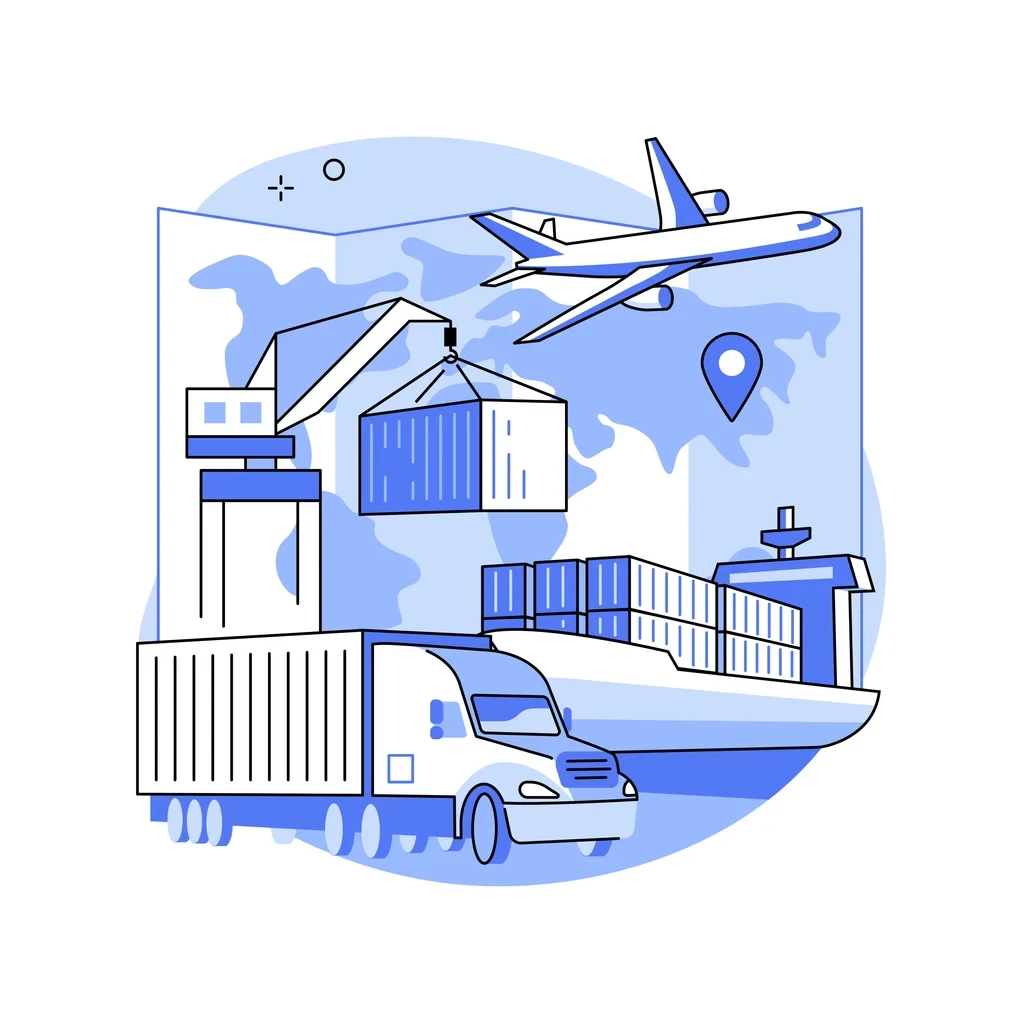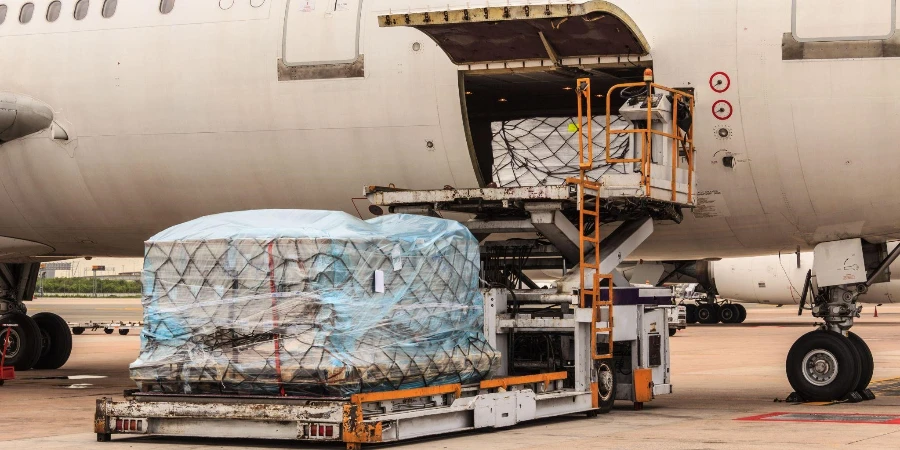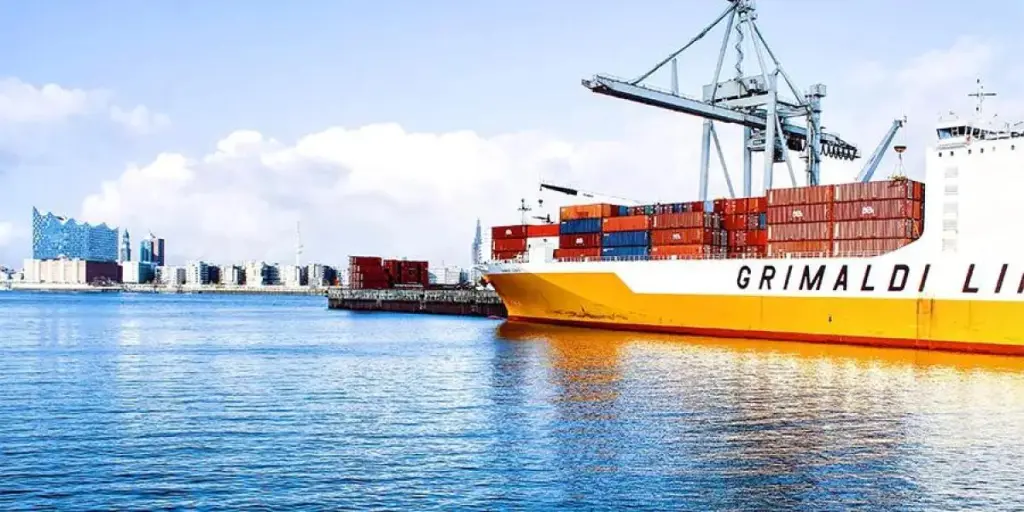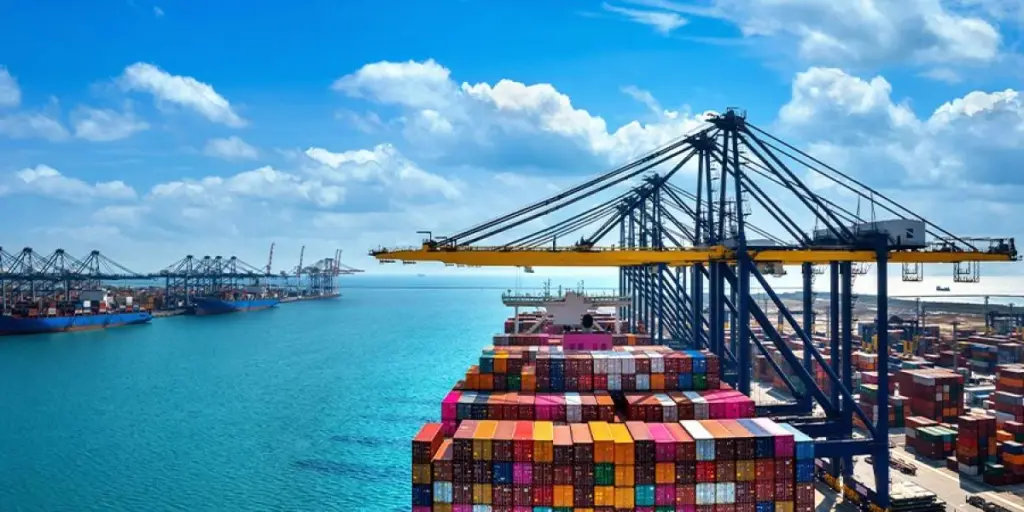Ocean
New Peaks in Container Production
Container manufacturers are experiencing a significant surge in production, reaching levels not seen since the post-COVID era. This uptick is driven by a sharp increase in demand across global shipping lines, prompting them to expand their capacities. Despite the increase in production, concerns about overcapacity and its potential impact on freight rates persist. Shipping companies are wary of a repeat of past glutes, which led to plummeted rates and financial instability in the industry.
Navigating Capacity and Congestion Challenges
Shipping carriers are currently grappling with a delicate balance of capacity management and persistent port congestion. The situation echoes the challenges seen during the darkest days of recent logistics disruptions. Efforts to streamline operations and reduce bottlenecks are being complicated by inconsistent freight flows and uneven global economic recovery. This scenario threatens to reverse the gains achieved in stabilizing supply chain movements post-pandemic.
Air
Airfreight’s Unexpected Rise Amid E-commerce Boom
Airfreight volumes witnessed surprising growth in May, bolstered significantly by the ongoing boom in e-commerce. This sector’s resilience is notably helping airlines offset the slower recovery in passenger air travel. With an increasing number of consumers turning to online shopping, cargo carriers are expanding their networks and capacities to meet the rising demand. This trend is expected to sustain as e-commerce continues to weave itself into the fabric of global retail.
Lufthansa Cargo Expands North American Operations
Lufthansa Cargo is strategically increasing its freighter services to North America, aiming to capitalize on the growing demand for air cargo. This expansion includes the introduction of additional flights and the use of larger aircraft to accommodate more volumes. The move is part of Lufthansa’s broader strategy to enhance its global connectivity and service offerings in key economic regions. With this expansion, Lufthansa aims to strengthen its position in the competitive airfreight market.
Other (Intermodal/Supply Chain/Global Trade)
US Intensifies Tariffs on Chinese EV Imports
The United States has quadrupled tariffs on Chinese electric vehicle (EV) imports, intensifying the race to dominate the global battery market. This tariff hike is part of a broader strategy to encourage domestic production and reduce dependency on foreign battery technology. The decision has stirred debates about its potential impact on prices and availability of EVs in the U.S. market. As tensions escalate, companies are reassessing their supply chains to mitigate risks and ensure compliance with new regulations.
Small and Medium Businesses Feel the Strain from Carrier Volume Adjustments
UPS and FedEx are adjusting their service models to better cater to the volumes coming from small and medium-sized businesses (SMBs). This shift reflects the carriers’ strategy to manage profitability amid fluctuating demand and operational challenges. SMBs are experiencing changes in shipment handling and costs, prompting them to explore alternative logistics solutions. The adjustments are a response to the evolving business landscape, where flexibility and efficiency are becoming critical competitive factors.
Inflation’s Broad Impact on Supply Chains
A recent survey by Blue Yonder highlighted that inflation is continuing to affect supply chains globally, altering purchasing behaviors and logistics strategies. Companies are facing increased costs across various stages of their supply chains, from procurement to distribution. This inflationary pressure is forcing businesses to innovate and adapt, seeking more cost-effective methods and technologies to maintain operational efficiency. The ongoing adjustments are reshaping the landscape of global trade, emphasizing the need for agile and resilient supply chain solutions.
Disclaimer: All information and views in this post are provided for reference purposes only and do not constitute any investment or purchase advice. The information quoted in this report is from public market documents and may be subject to change. Alibaba.com makes no warranties or guarantees for the accuracy or integrity of the information above.

Looking for a logistics solution with competitive pricing, full visibility, and readily accessible customer support? Check out the Alibaba.com Logistics Marketplace today.




